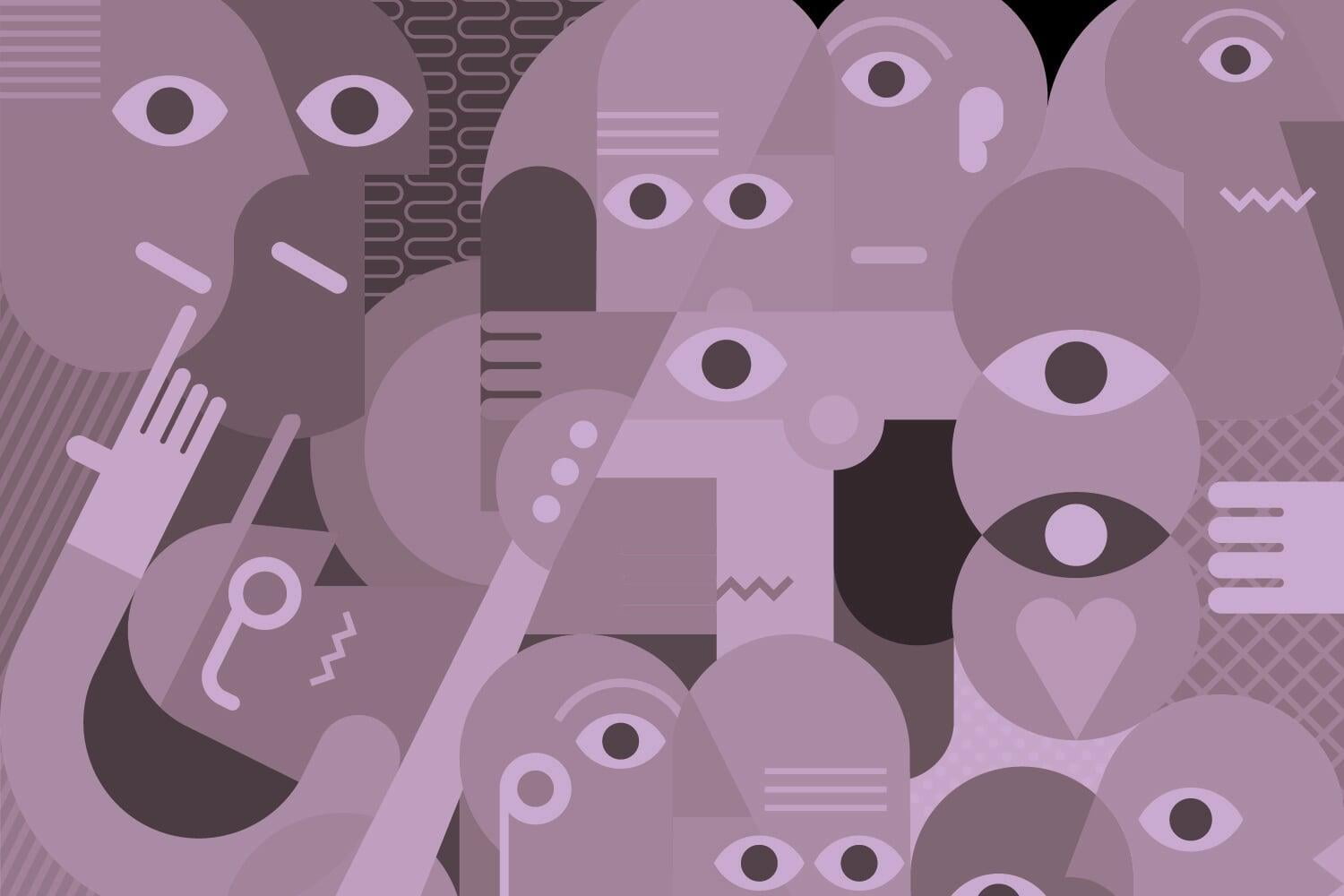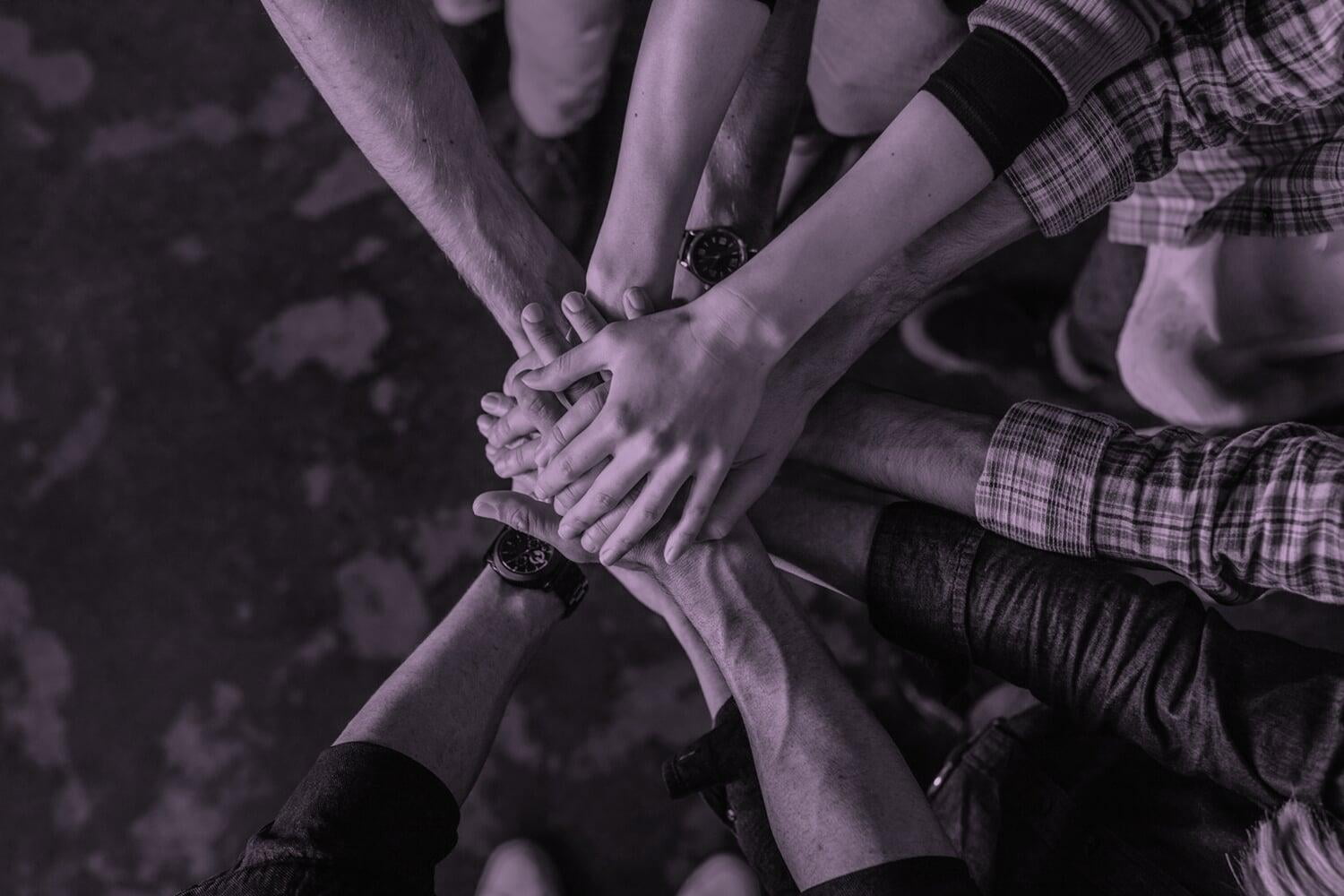The Pathway to Excellence | Live | Relational Development
Language Skills
We need to work on a range of language skills that will enable a broader, richer, and more compassionate experience of the world – how we deepen our understanding of how to communicate with other people using our own and other languages and associated customs.

Being able to communicate with people all over the world opens up the possibilities of engaging in new activities, experiencing new cultures, reading new literature, and viewing new types of media. A life that is enriched by the perspectives of other cultures and other societies can be opened up to us through our capacity to speak the same language.
Learning a language takes hard work and commitment. In many countries, learning two, three, or even four languages is commonplace, and is done from a young age. It's seen as a normal part of a good education. For others, this is not the case and becoming bilingual or multilingual is a conscious choice made later in life. Fluency in language indicates to others that we are prepared to do this work for their sake. Language fluency relies upon mastering four foundations: speaking, listening, writing, and reading. All of these require different learning techniques and the dedication of specific time towards them. Our progress can be measured daily through the satisfaction we feel when we can read a new text, listen to a new podcast, and talk to a new person.
The rewards for our dedication can be delightful as well as practical. Possessing language skills, therefore, opens doors for us and connects us to people all over the globe. This, of itself, increases the likelihood of engaging positively with the global community. After all, having learned the language, we're going to want to put it to good use. And we are less likely to be disparaging to others who we can now understand more clearly and with whom we can communicate better. Learning a second language and regularly practising it is also beneficial to our executive function more broadly.
“If you talk to a man in a language he understands, that goes to his head. If you talk to him in his own language, that goes to his heart.”
Nelson Mandela
The challenge of learning a new language also reinforces our fundamental habits of learning. It helps us to consolidate the underlying skills of learning and growth that may have nothing to do with the language itself. These can include the patience required to take on new constructs and new ideas, the perseverance needed to achieve breakthrough by continuously pushing away the barriers that are holding us back, as well as the discipline and self-accountability that we need to organise ourselves and achieve our goals. The process of acquiring language skills, therefore, can help us to become better people, not just in intellectually, but also through the development of our character.
We can contemplate our Language Skills by considering the following questions:
- Do I have a plan to improve my language skills, enabling myself to make the necessary progress in my learning?
- Have I set myself a high standard to become fluent in another language over the course of my education?
- Am I prepared to make mistakes along the way, even if I feel insecure and concerned about immediately attaining mastery?
- Do I use multiple means to develop my foreign language skills, including reading, using social media, formal study, and making good use of my work and friend circles?
- Do I work hard every day to improve my communication skills in the language of my choice?







